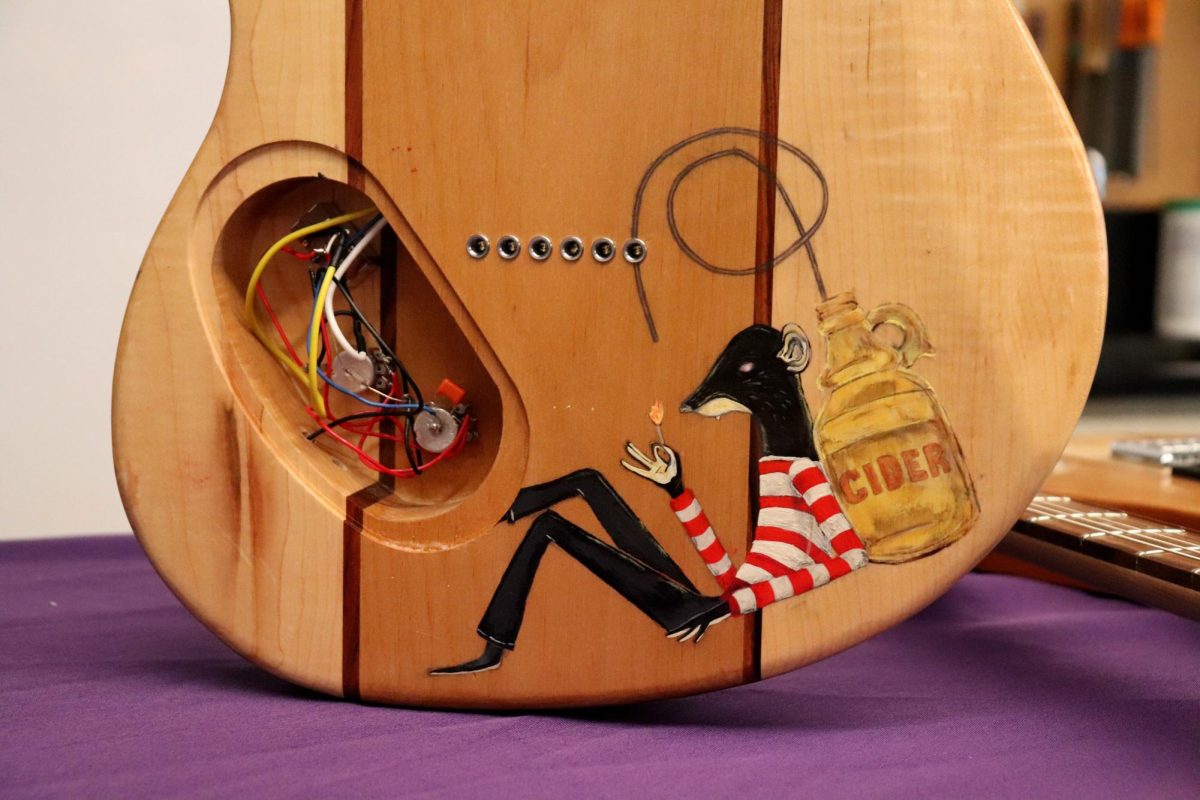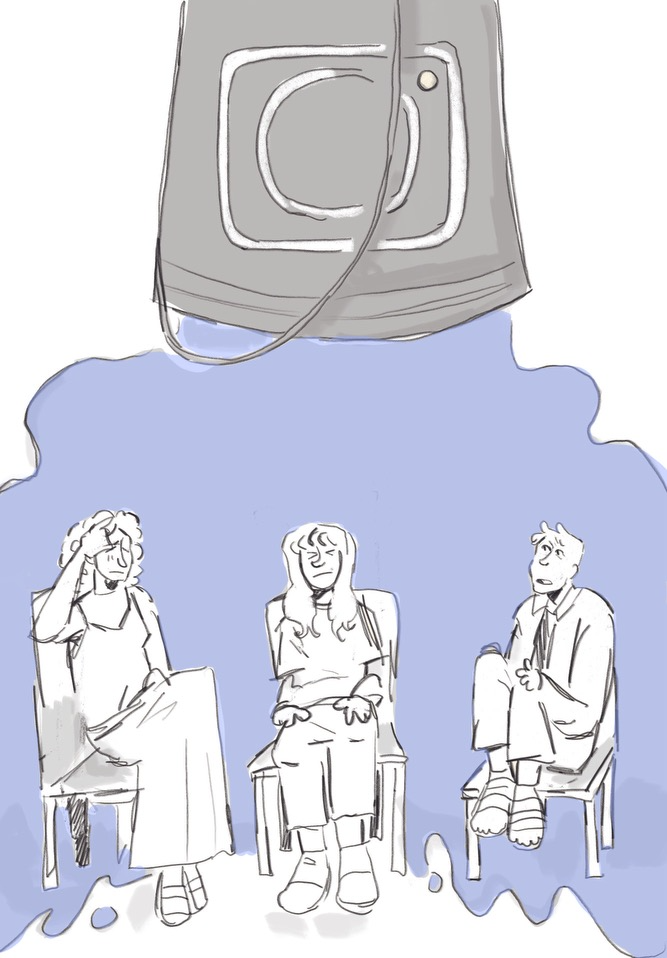The Mental Impact
Feb 17, 2023
In the midst of a game, competition rises. At times, the outcome of a game can depend on one lone player. With spectators cheering, coaches yelling, and teammates encouraging, mere seconds are elongated to feel like intense minutes. While, to some, if a player were to shoot the ball at the wrong angle, it would simply be because they are not good enough. But, in reality, competitive pressures and high expectations yield poor mental health among players – perhaps cultivating a worse performance.
According to a recent study by the American Psychological Association, approximately 40 percent of student athletes between the ages of 14-18 reported feeling overwhelmed or burned out, and 33 percent reported feeling depressed. This highlights the importance of understanding the mental health effect of sports on student athletes and finding ways to support them.
“The burnout in sports and depression comes from the immense pressures that we put on these kids to perform. We start them at a young age and because of that they feel forced to play and perform in their sports,” Mental Health Counsellor Amy Banas said.
According to a study done by psychologist Cynthia (C.J.) Swanlund, student athletes who feel the pressures of high competition often demonstrate perfectionism, including fear of failure, high external and internal pressures and expectations for performance, pose a greater risk of developing a mental health concern such as eating concerns, and substance misuse.
“Athletes have a 10% higher chance of being diagnosed with an eating disorder,” Banas said, “We have to realize that the disorders can happen to both males and females and are hard to identify.”
Males typically come down with an overeating disorder while females usually come down with anorexia.
“The disorders may come from coaches telling their players to gain or lose weight or from self imposed diets,” Banas said.
While some coaches may have a negative effect on their players, others have played a huge role in the growth and development of highschool athletes.
“My job as a coach is to guide and support high schoolers through this critical phase of their lives. I want to create a positive atmosphere where they can have fun and not be stressed,” said PHS Men’s Varsity Water Polo coach Rik Krumins.
While participating in sports can create numerous mental health problems, the benefits include an increased self-esteem, better stress management, and improved mood.
“Being in the water with my teammates brings me joy and improves my day,” said PHS junior and waterpolo player Finn Burke.
Burke is not the only one who feels this way.
“Playing my sport releases me from the stress of my day to day life,” said junior soccer and lacrosse player Hailey Marshburn.
Additionally, according to the Newport academy, fostering a positive team culture can help student athletes feel supported and reduce the pressure to perform.
“I feel that my role as a captain is to keep the team together and encourage positivity,” Marshburn said.
Teams are creating a supportive environment through team-building activities and promoting a growth mindset, which focuses on learning and improvement rather than winning and losing.
“It’s important to remember that student athletes are still students first,” said Dr. Sarah Johnson, a sports psychologist. “It’s crucial to strike a balance between their athletic and academic responsibilities to avoid burnout and maintain their mental well-being.”

Along with helping a student’s well being, sports can teach valuable lessons that can be applied in the future.
“The skills that these kids are learning in sports can be applied to life in countless or different ways,” Krumins said.
Furthermore, sports can help victims of trauma and victims of assault in their recovery and healing process.
“Getting your body active and participating in a sport you love is a great way to regain some confidence in your body and fight off the trauma of an assault,” said Banas.
The mental health effect of sports on student athletes is complex, but it is important to acknowledge and address it. By encouraging open communication, providing mental health resources, and fostering a positive team culture, we can support student athletes in achieving their goals both on and off the playing surface.





























